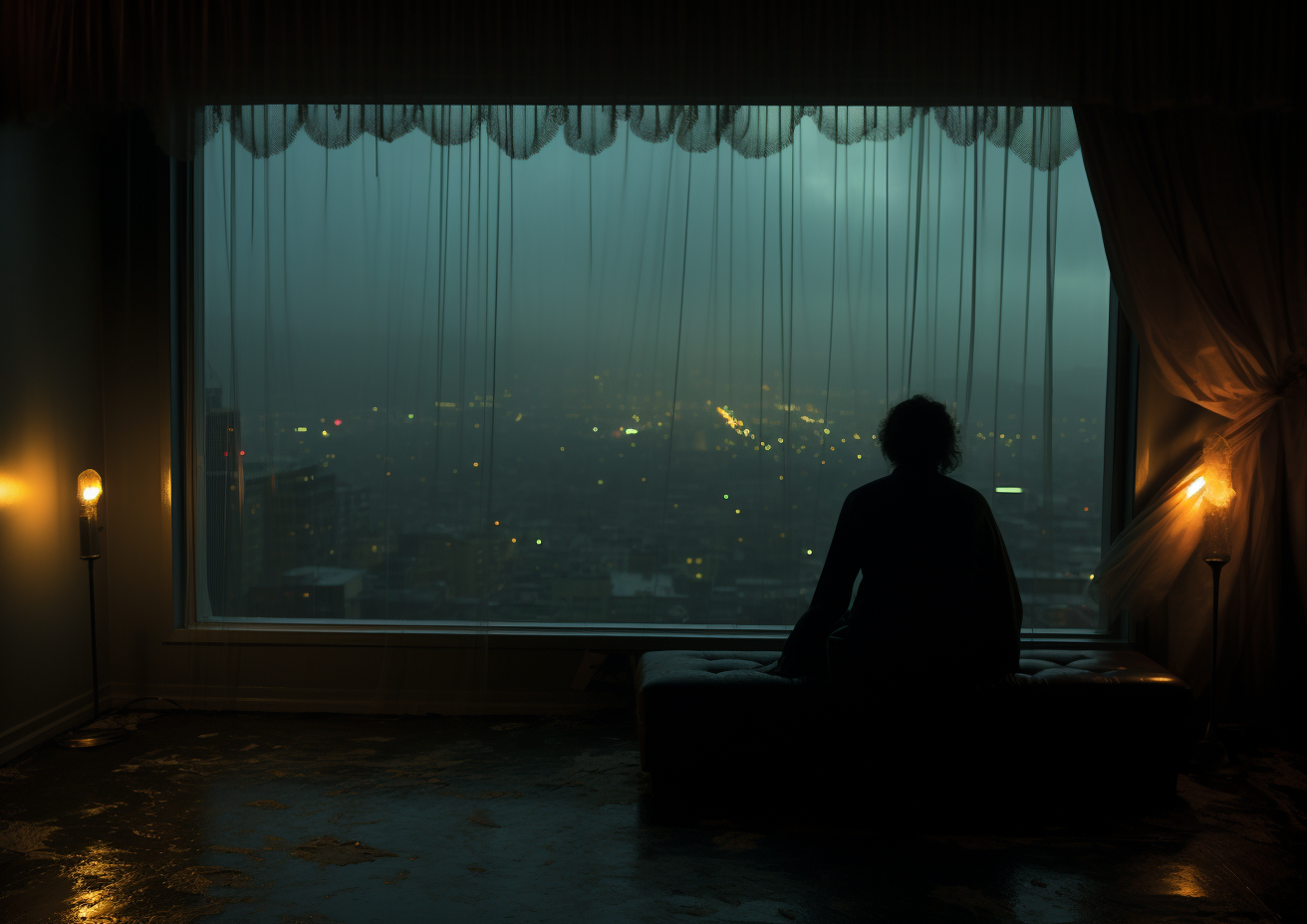13 / The Green Prescription
Amidst the trees and streams, we find solace and healing. But in the concrete maze, devoid of nature, we grapple with the weight of its absence: stress, health woes, and a longing for the green embrace.
Lennart: Hey Argos, I’ve read a lot about nature being used as a form of therapy. It sounds intriguing.
Argos: The idea of nature as therapy isn’t new. For centuries, people have turned to nature for solace and rejuvenation. The concept you’re referring to is often called „eco-therapy“ or „nature therapy.“ It’s the practice of spending time in nature to nurture growth and healing, especially mental well-being.
Lennart: So, how exactly does spending time in nature help us mentally?
Argos: There are several ways. Firstly, being in nature reduces stress. Natural settings, like forests or beaches, can decrease cortisol levels, the hormone associated with stress. Secondly, nature can improve mood and reduce feelings of anxiety. The tranquility and beauty of natural environments provide a sense of calm. Additionally, nature can enhance concentration and creativity. Ever heard of the term „forest bathing“?
Lennart: Yes, I’ve come across it. It’s a Japanese practice, right?
Argos: Precisely! In Japan, it’s called „Shinrin-yoku.“ It doesn’t involve actual bathing but rather immersing oneself in the forest atmosphere. Studies have shown that forest bathing can boost the immune system, reduce blood pressure, and improve mood.
Lennart: That’s fascinating. But what about people who live in urban areas and can’t access forests easily?
Argos: Great point. While natural settings like forests or mountains might offer the most profound therapeutic effects, even small green spaces in urban areas can be beneficial. City parks, community gardens, or even your own backyard can serve as therapeutic spaces. The key is to be present, take in the surroundings, and disconnect from the digital world, even if it’s just for a short while.
Lennart: I’ve also heard about therapeutic gardening. Is that related?
Argos: Absolutely! Therapeutic gardening, or horticultural therapy, involves engaging with plants and gardens to improve mental and physical health. Activities can range from planting and pruning to simply sitting and enjoying a garden. The act of nurturing plants can provide a sense of purpose and achievement, while the sensory experience – the smell of flowers, the sound of leaves rustling, the feel of soil – can be incredibly grounding.
Lennart: It’s amazing to think that something as simple as spending time in nature can have such profound effects on our well-being.
Argos: Indeed. Nature offers a gentle, non-intrusive way to heal and rejuvenate. In our fast-paced, tech-driven world, it’s a reminder of the simple joys and the inherent connection we have with the earth.
Lennart: I’m curious about the flip side. What happens when we’re deprived of nature? Are there negative effects?
Argos: Absolutely, Lennart. Nature deprivation, often termed „Nature Deficit Disorder,“ though not a medical diagnosis, has been a growing concern, especially in urbanized societies. The lack of nature interaction can have several detrimental effects.
Lennart: Like what?
Argos: For starters, prolonged absence from nature can lead to increased stress and anxiety. Urban environments, with their noise and overstimulation, can be mentally exhausting. Without the calming influence of nature, people might find it harder to relax and decompress.
Lennart: That makes sense. I’ve felt more on edge after long periods in the city without a break.
Argos: It’s a common feeling. Additionally, lack of nature can lead to reduced attention span and cognitive fatigue. Natural environments, on the other hand, can have a restorative effect on attention. Without regular exposure to nature, we might find it harder to focus and might feel mentally drained more quickly.
Lennart: And I suppose there are physical effects too?
Argos: Indeed. Reduced time in nature correlates with reduced physical activity, leading to health issues like obesity. There’s also the aspect of Vitamin D, which we get from sunlight. Lack of outdoor time can lead to Vitamin D deficiency, affecting bone health and immune function.
Lennart: It’s alarming to think of the ripple effects just from not spending enough time outdoors.
Argos: It is. And there’s also a deeper, more intangible loss. Being disconnected from nature can lead to a sense of alienation from the natural world. We might feel less inclined to protect and care for the environment if we don’t feel a personal connection to it.
Lennart: That’s a profound point, Argos. Our relationship with nature isn’t just for our benefit; it’s also about our responsibility to the planet.











